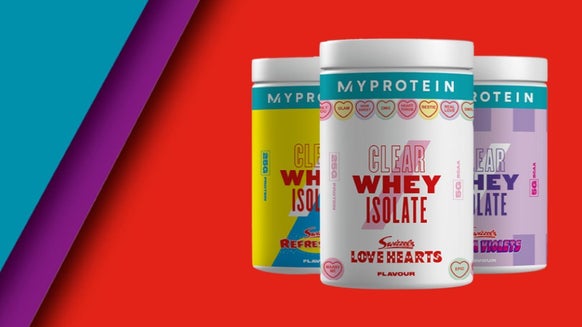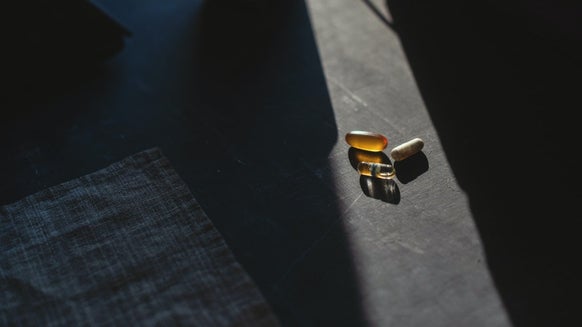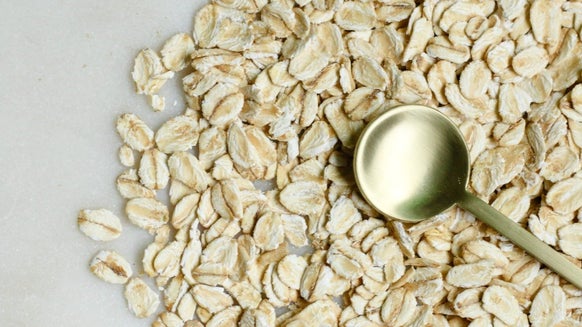Written by Sarah Curran
Indigestion
We've all experienced that unpleasant feeling that comes hand in hand with over indulgence, most commonly known as indigestion, or to put a more formal name upon it, dyspepsia. Here are some tips to help tackle this common issue over the snacking season, and also an explanation of why this uncomfortable condition occurs.

Common Symptoms Of Indigestion
Bloating
Around the tummy area, often leading to you having to leave a button open if you are unlucky enough to suffer it while wearing jeans!
Belching & Gas
Nothing can clear a room faster than belching and gas issues post-dinner. This is often accompanied with stomach ache and a burning pain that is very uncomfortable and known as heartburn.
Growling Tummy
Your tummy may talk more than you do after a hearty dinner and a few drinks!
Excessive Fullness
The feeling that if you move you might actually explode.

Nausea & Vomiting
If you really have overdone the indulging, you may be physically sick or feel extremely queasy after that extra slice of cake washed down with a gin and tonic.
What Causes Indigestion?
Indigestion is extremely common and is often nothing to worry about. Various health conditions can cause this condition, and so if it is occurring frequently, it is well worth paying your doctor a visit who can then rule out any possible causes and can recommend medication to prevent and reduce the severity of an attack. Certain medications can increase the frequency you experience indigestion, including antibiotics and birth control pills.
Lifestyle factors are the most common cause of indigestion. Issues such as stress, drinking alcohol in excess, smoking and a diet high in fatty foods are a common cause of indigestion for the majority of people, especially when treats are available in abundance. Pregnancy also tends to cause an increase in incidences of indigestion, especially in the later stages when the baby is placing greater pressure on the stomach and hormone changes are also at play.

How To Prevent Indigestion
Avoid foods that appear to make your indigestion symptoms worse, such as overly rich and fatty foods or very spicy foods if you are sensitive to them. Caffeinated, gas filled drinks and alcohol can also be common culprits for causing indigestion flare ups so it may be wise to reduce your intake of these if you find them to be a trigger.
If you are a smoker, give it up. There are endless benefits to kicking the habit such as a healthy heart and lungs, but smoking also has a negative effect on your digestive system. This is because smoking irritates the stomach.
If you are carrying excess weight, try and shed some pounds to help reduce your indigestion issues. Eat a healthy balanced diet and gradually build up your fitness with an exercise plan to suit your goals and needs.
Try and eat a few hours before bedtime when possible to avoid nighttime bouts of indigestion. Lying down on a full stomach can cause acid in your stomach to shift into your oesophagus causing the unpleasant symptoms associated with heartburn.

Other Triggers
If you find that stress is a major trigger of indigestion for you, tackle it by learning how to cope better with pressurised situations. Consider downloading a mindfulness or relaxation app, there are some great free ones that you can put on your smartphone!
Don’t exercise straight after a heavy meal, allow your food some time to digest and settle. Exercising after a food fest is a sure way to trigger indigestion. Take your time with your meals and enjoy every bite. It sounds like common sense, but chew your food with your mouth closed. If you eat too fast or try and hold a conversation mid-mouthful, you are more likely to swallow extra air and cause yourself indigestion.
Antacids are a tried and proven treatment for indigestion and heartburn and have been heavily researched. They work by neutralising the acid in your stomach so that it no longer causes distress to the lining of your digestive system. A less researched but complementary approach to the treatment of heartburn and indigestion is milk thistle.
Many of its reports are anecdotal in the treatment of indigestion, but it has been used for years as a remedy in different parts of the world. As there are some contradictions for taking milk thistle, it is important to talk to your doctor if you plan to add it to your supplement stack, especially if you have existing health issues.







